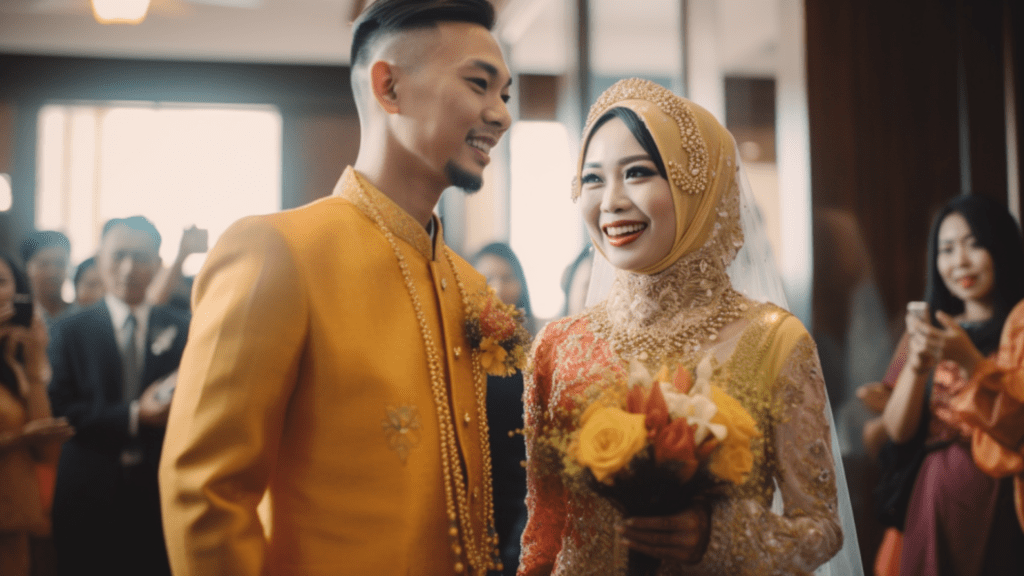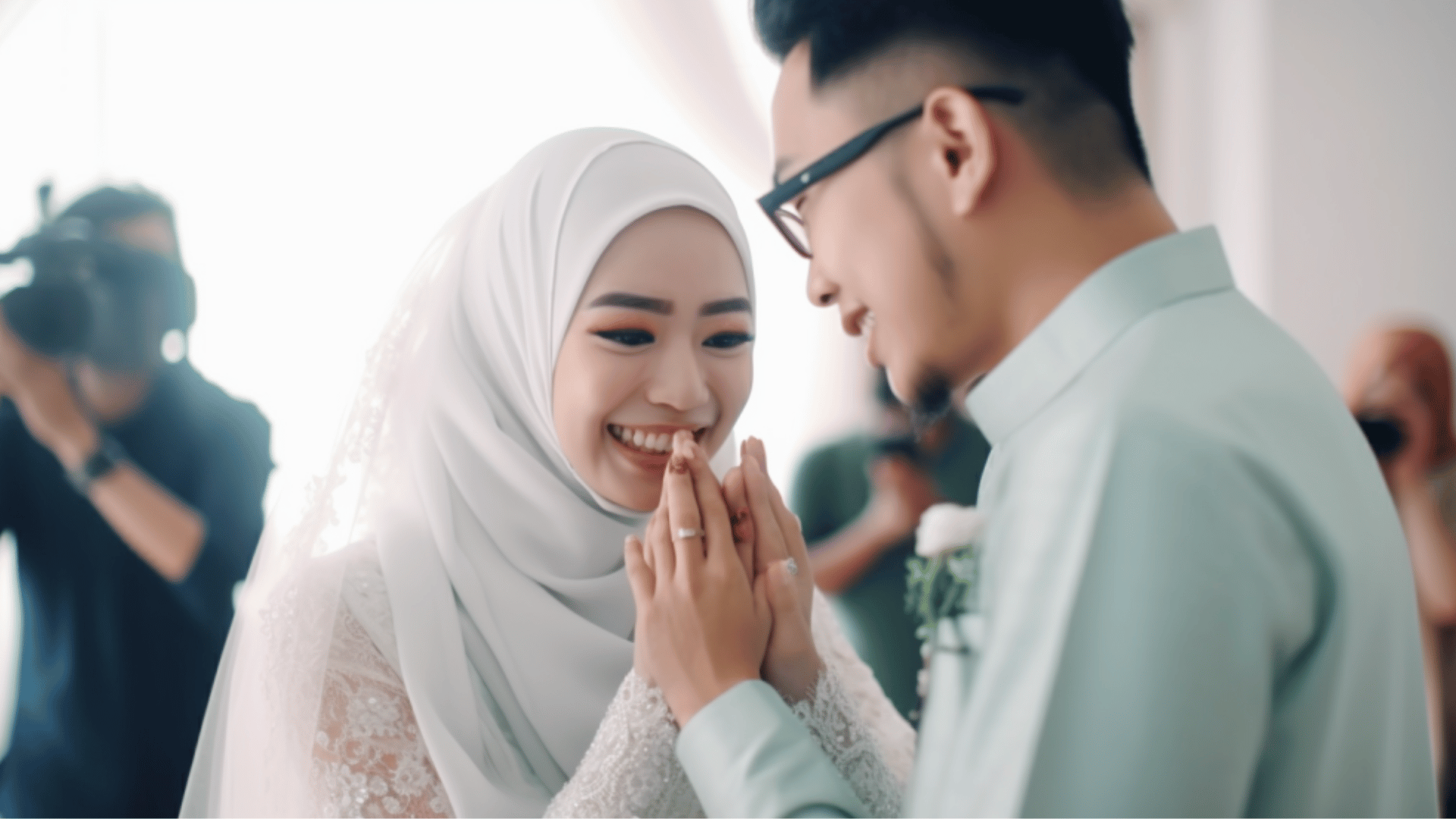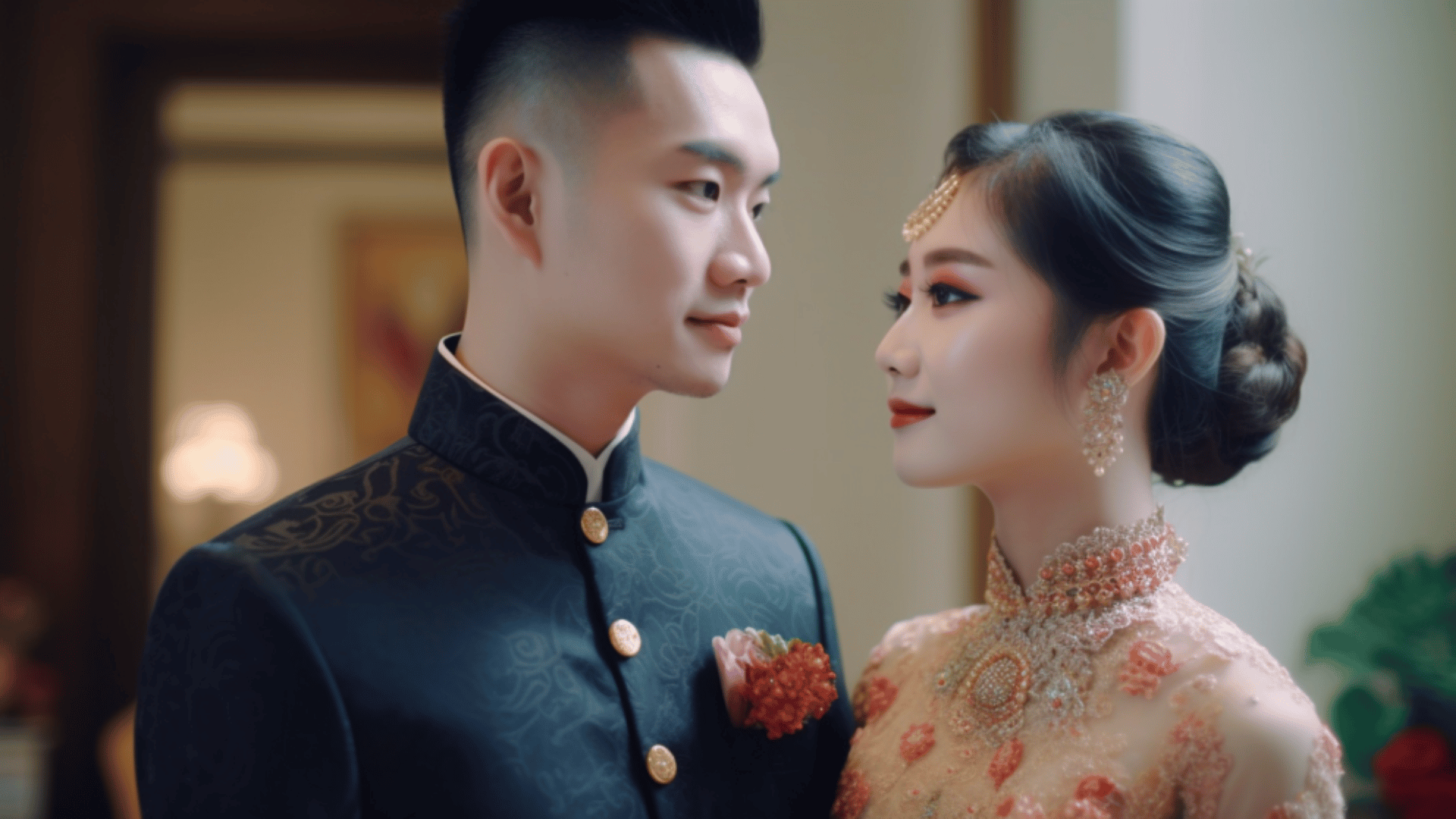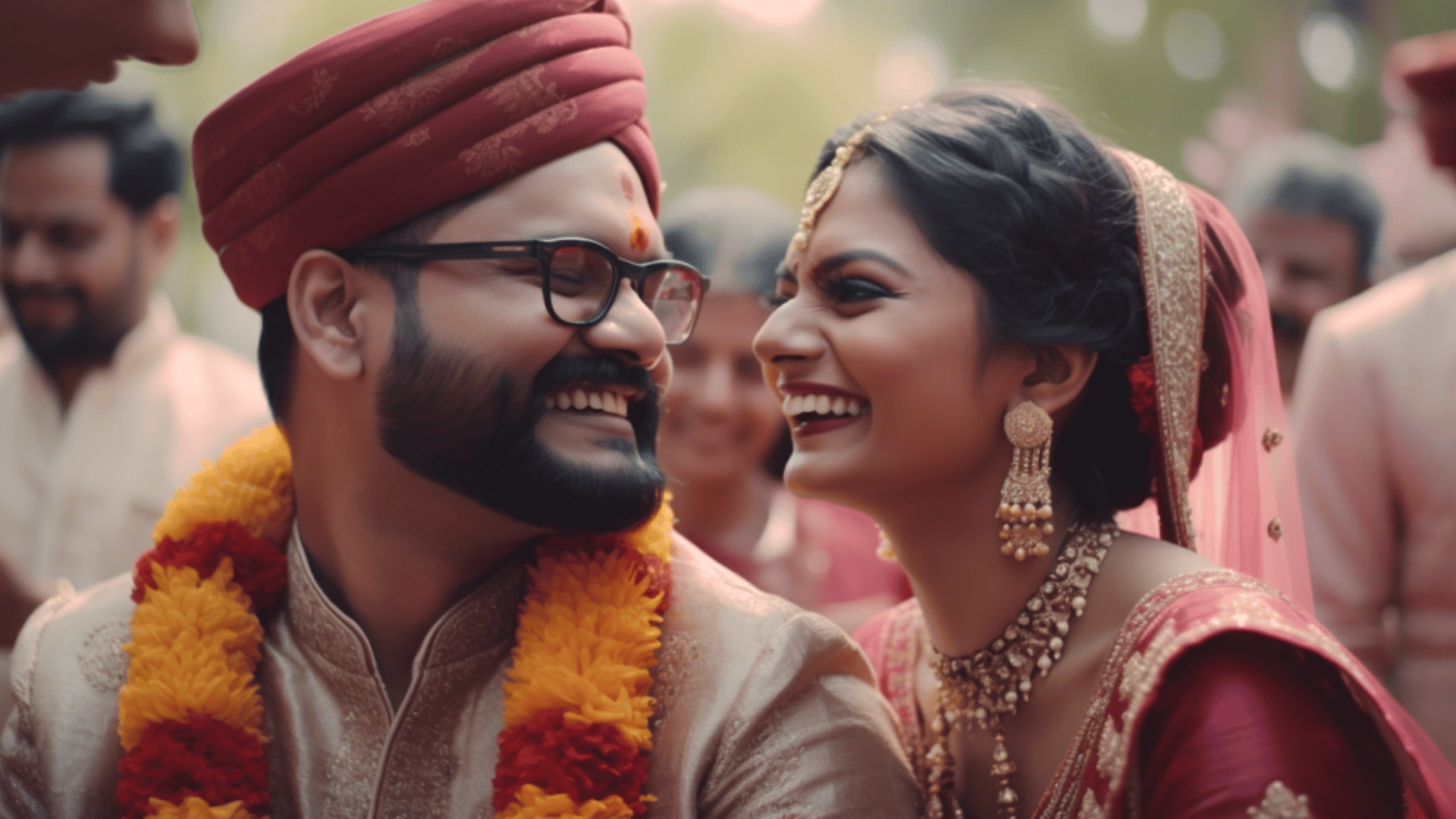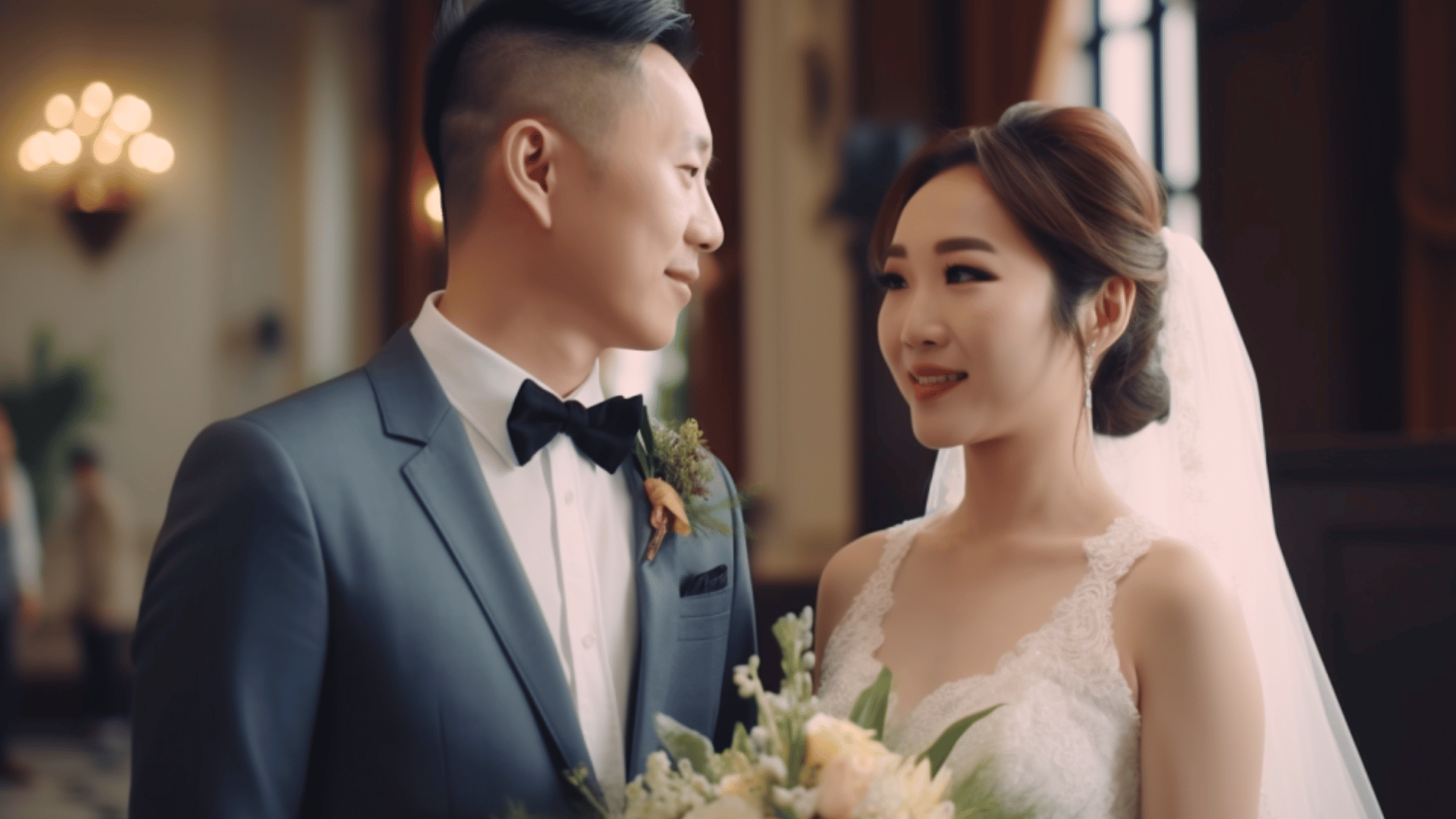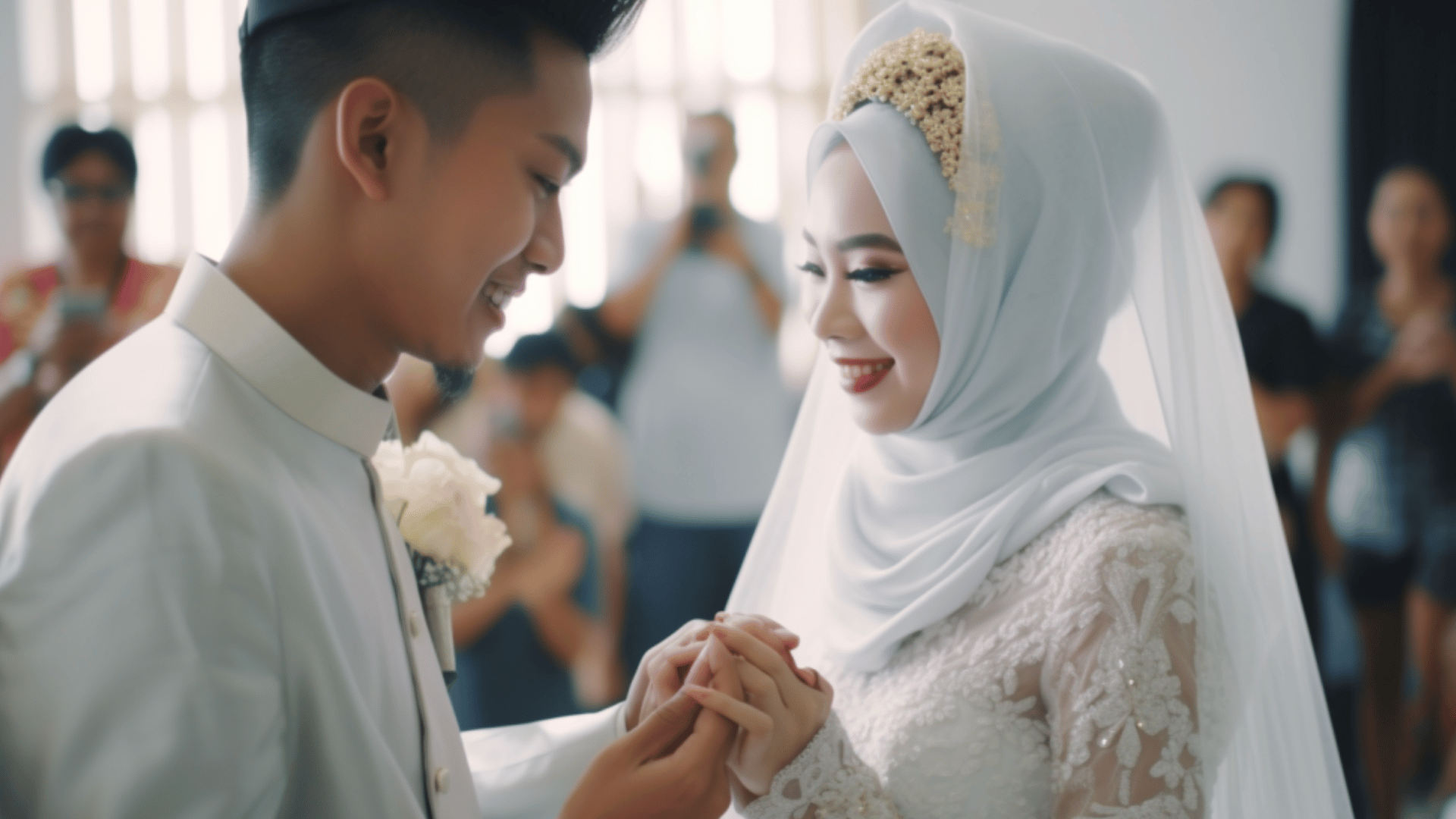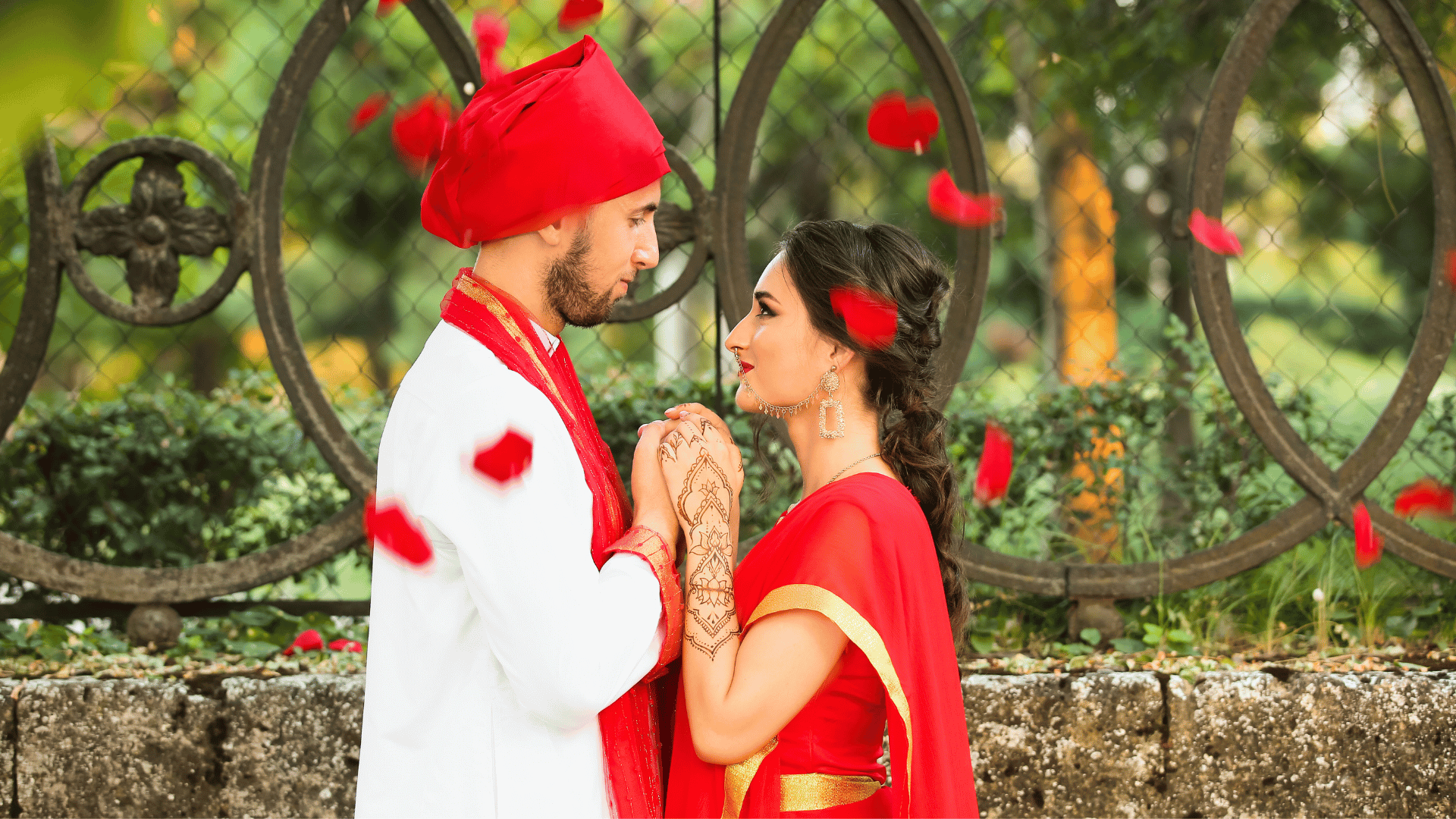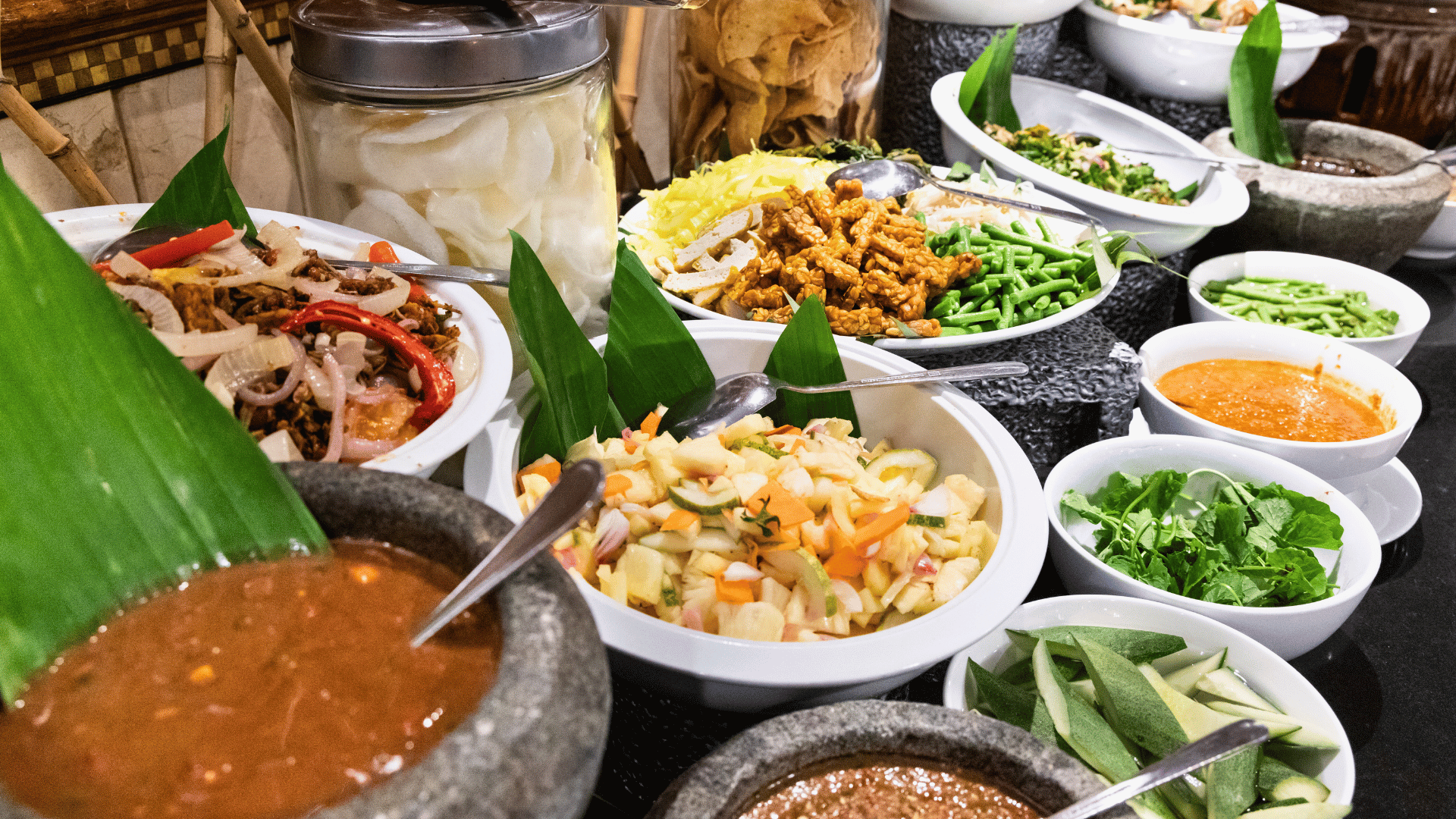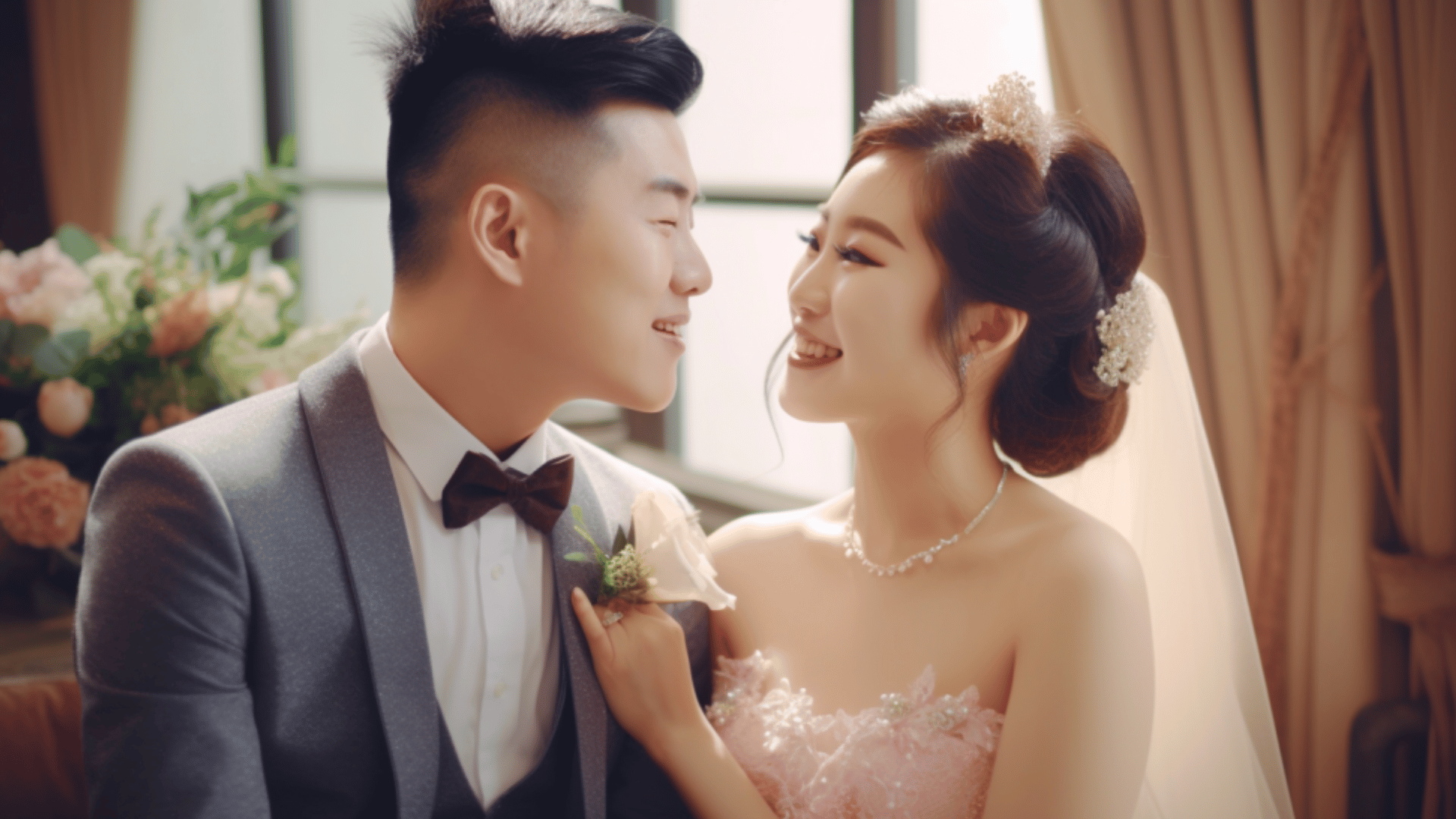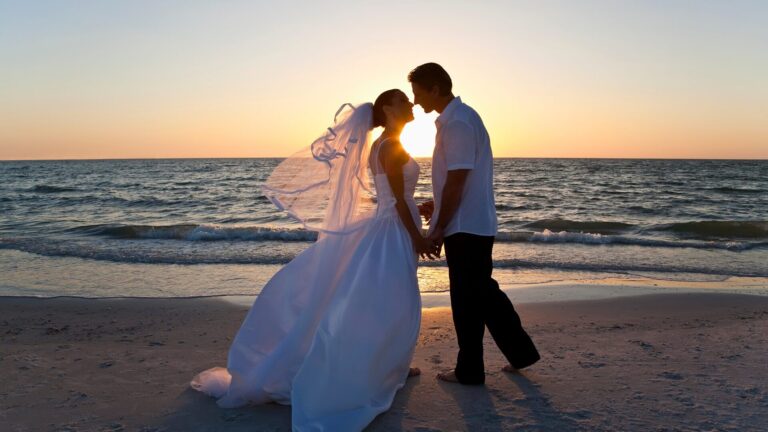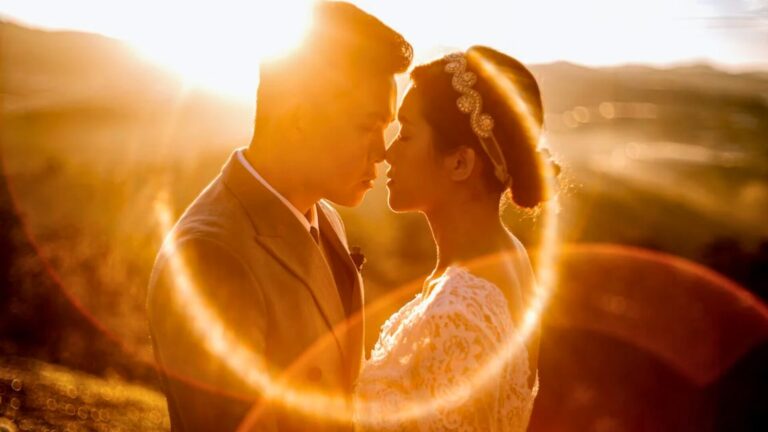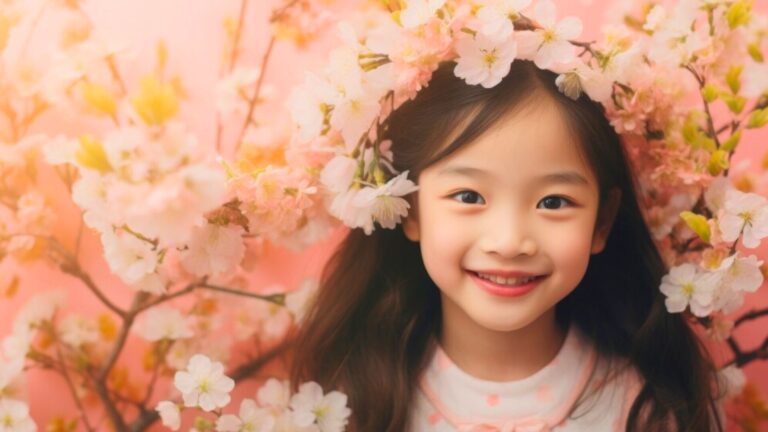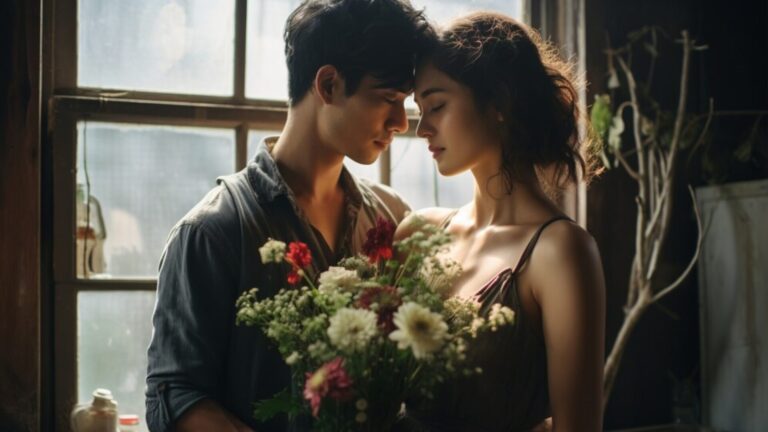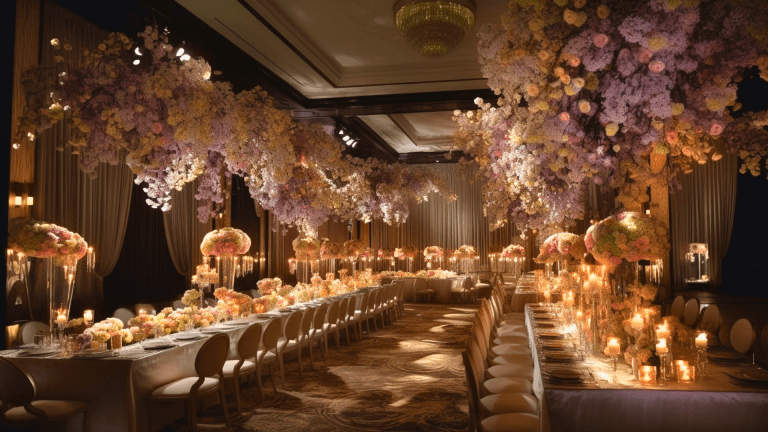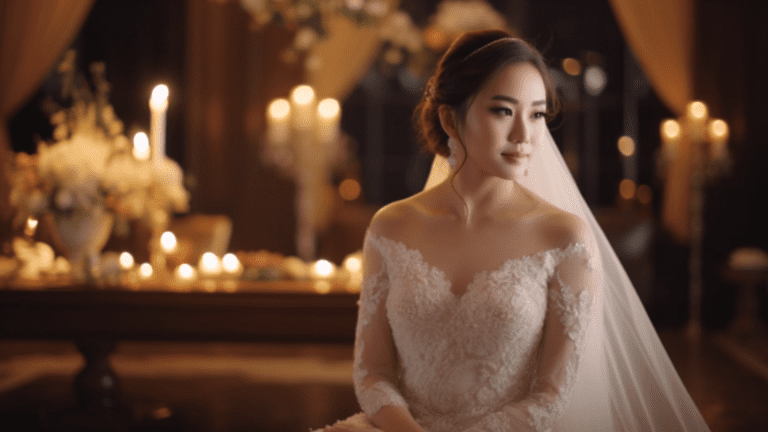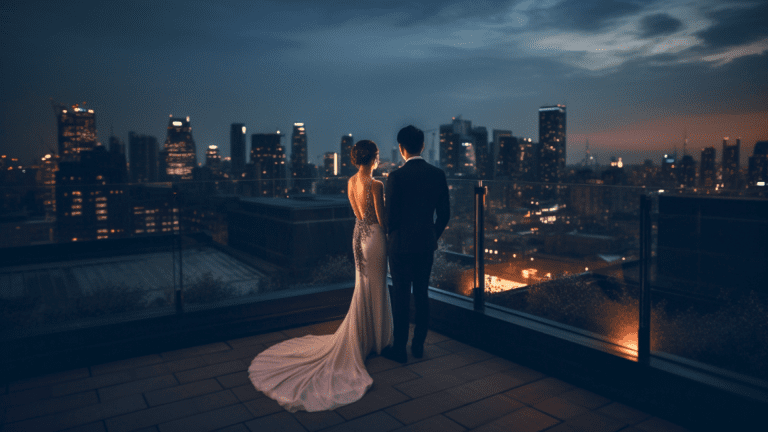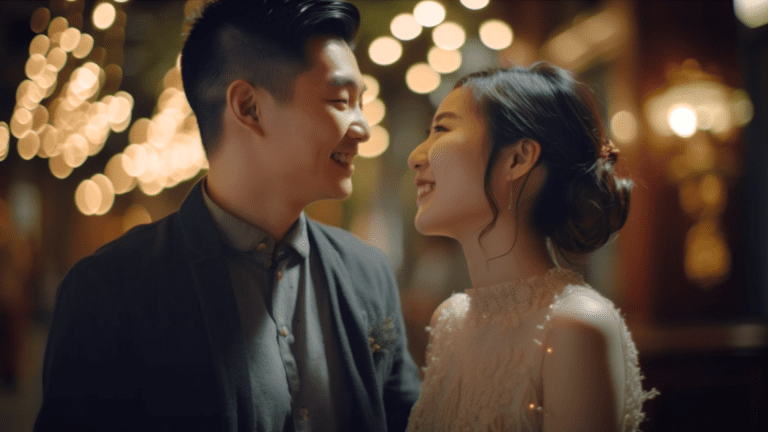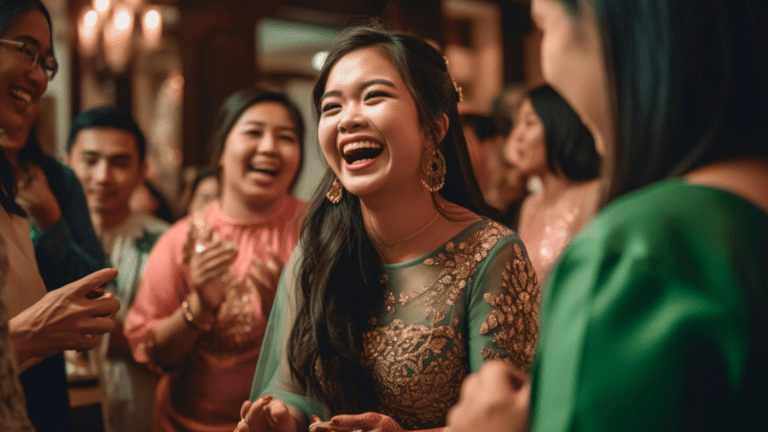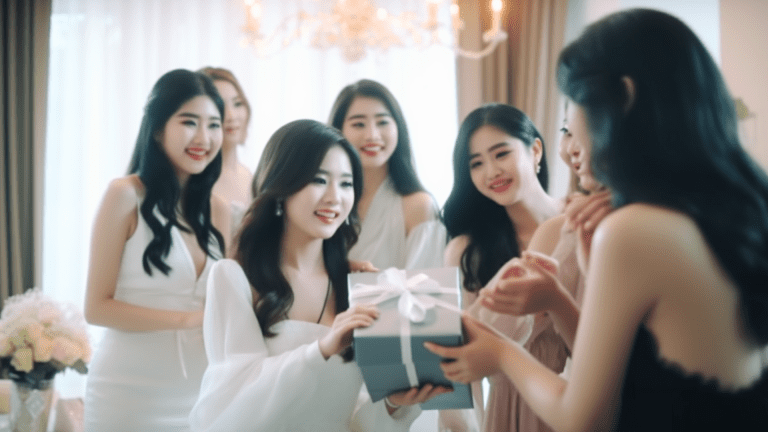Malaysia is one of the Asia countries with a rich cultural heritage, and many of the customs and traditions surrounding weddings reflect this diversity. From the traditional Malay weddings to the intricacies of Buddhist and Hindu weddings, there is a lot to explore and learn about.
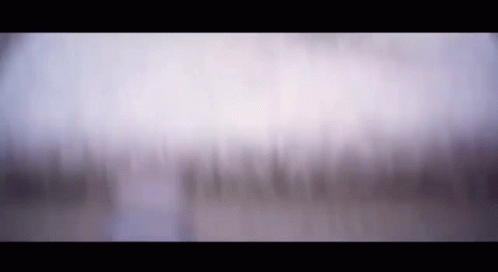
Malaysia is located in Southeast Asia and has a vibrant culture and friendly people. Weddings in Malaysia are often grand celebrations involving elaborate ceremonies and a variety of customs and traditions. The country’s diverse population means many different types of weddings, each with unique customs and rituals.
Malay weddings are the most common type of wedding in Malaysia, steeped in tradition. Malay weddings are usually held in the bride’s hometown, and the ceremony often lasts several days. Other types of weddings in Malaysia include Chinese, Indian, and Western-style weddings.
Traditional Malay wedding traditions and customs
Malay weddings are known for their elaborate ceremonies and customs that have been passed down through young generations. The wedding is often a community affair, with friends and family members coming together to celebrate the couple’s union. One of the most important customs in a Malay wedding is the “akad nikah,” where the groom asks for the bride’s hand in marriage.
Other customs include the “bersanding” ceremony, where the bride and groom sit on a dais and receive blessings from family members and guests. Malay weddings are also known for their traditional attire, which includes the “baju kurung” for women and the “baju melayu” for men.
Unveiling the Mystique: A Comprehensive Guide to Malay Wedding Traditions
Understanding Buddhist wedding traditions in Malaysia
Buddhist weddings in Malaysia are often steeped in tradition and spiritual symbolism. The wedding is considered a sacred ceremony, and the couple’s union is seen as a way to achieve enlightenment together. The wedding ceremony often takes place in a temple or other sacred location and is presided over by a monk.
One of the Buddhist rituals at the wedding is the exchange of vows and rings. The couple may exchange gifts, such as flowers or candles, to symbolise their commitment. The wedding ceremony is often followed by a reception, where guests are treated to traditional Buddhist food and drinks.
Unveiling the Mystique: A Comprehensive Guide to Chinese Wedding Traditions
Hindu wedding traditions in Malaysia
Hindu weddings in Malaysia are often elaborate, with many customs and rituals dating back centuries. The wedding is often held over several days, with each day featuring different ceremonies and rituals. One of the most important rituals in a Hindu wedding is the “mehndi” ceremony, where the bride’s hands and feet are decorated with intricate henna designs.
Other customs include the “saptapadi,” where the couple takes seven vows together, and the “kanyadaan,” where the bride’s father offers her hand in marriage to the groom. Hindu weddings are also known for their elaborate decorations and traditional attire, which includes the “sari” for women and the “sherwani” for men.
Unveiling the Mystique: A Comprehensive Guide to Indian Wedding Traditions
Differences and similarities between the different wedding traditions
While there are many differences between the different wedding traditions in Malaysia, there are also many similarities. For example, all weddings in Malaysia involve elaborate ceremonies and customs and the exchange of vows and rings. Additionally, all weddings in Malaysia are community affairs, with friends and family members coming together to celebrate the couple’s union.
One of the key differences between the different wedding traditions is the length of the ceremony. Malay weddings are often the shortest, lasting around three days, while Hindu weddings can last up to a week. Additionally, each culture has its unique customs and traditions, such as the mehndi ceremony in Hindu weddings or the akad nikah in Malay weddings.
Pre-wedding rituals and preparation for the big day
In Malaysia, many pre-wedding rituals and preparations must be completed before the big day. For example, in Malay weddings, the bride and groom must undergo a “sirih junjung” ceremony, where they exchange betel leaves as a symbol of their love. Additionally, the bride must undergo a “bersanding” ceremony, where she is presented to the groom’s family for the first time.
In Hindu weddings, there are many pre-wedding rituals, including the “Ganesh puja,” where the couple prays to the elephant god for good luck and prosperity. The bride and groom must also undergo a “haldi” ceremony, where a paste made from turmeric is applied to their skin as a symbol of purification.
Wedding attire and decorations
Wedding attire and decorations play a significant role in all Malaysian weddings. Malay weddings are known for their traditional attire, which includes the baju kurung for women and the baju melayu for men. Hindu weddings are also known for their elaborate attire, such as the sari for women and the sherwani for men.
In terms of decorations, all weddings in Malaysia feature elaborate floral arrangements and decorations. Hindu weddings are known for their bright colours and intricate designs, while Malay weddings often feature more muted colours and traditional designs.
Traditional wedding food and drinks
Food and drinks are also a part of all Malaysian weddings. Malay weddings are known for their traditional dishes such as “nasi minyak” and “ayam masak merah.” Hindu weddings often feature vegetarian dishes such as “dal makhani” and “aloo gobi.” Additionally, all weddings in Malaysia feature traditional drinks such as “Bandung” and “teh tarik.”
Modern twists on traditional Malaysian weddings
While traditional Malaysian weddings are still popular, many couples are now opting for more modern twists on these customs and traditions. For example, some couples incorporate elements of Western-style weddings, such as exchanging rings and vows. Additionally, some couples opt for more intimate weddings, with only close friends and both family members in attendance.
Conclusion
In conclusion, Malaysia has a rich cultural heritage, and its wedding customs and traditions reflect this diversity. There is much more traditional culture to explore and learn about, from Malay weddings to Buddhist and Hindu weddings. By embracing the traditions and customs of these different cultures, couples can create a truly unique and memorable wedding experience.
At 50Gram Wedding, we specialize in helping Malaysia couples plan traditional weddings that honor their diverse regional cultures. With our expertise in different regional customs and traditions, we create authentic and meaningful celebrations. From coordinating traditional attire to incorporating customary rituals and cultural elements, our experienced team ensures that every detail reflects your heritage. With our meticulous planning and attention to cultural nuances, we guarantee a traditional wedding that resonates with your roots and creates cherished memories. Trust us to curate a wedding that embraces your regional traditions and celebrates your love story in a truly authentic and memorable way.
FAQ
In Malaysia, there are various types of weddings, including Malay, Chinese, Indian, and Western-style weddings. Each type has its unique customs, traditions, and attire.
Malay weddings are known for their elaborate ceremonies and traditions. Some common customs include the “akad nikah” (marriage contract), the “bersanding” ceremony (seating of the bride and groom on a dais), and traditional attire such as the “baju kurung” for women and the “baju melayu” for men.
Hindu weddings in Malaysia are often elaborate and span several days. Some important rituals include the “mehndi” ceremony (henna application on the bride’s hands and feet), the “saptapadi” (seven vows taken by the couple), and the exchange of garlands during the “jaimala” ceremony.
The duration of Malaysian weddings varies depending on the culture and customs involved. Malay weddings are usually shorter, lasting around three days, while Hindu weddings can extend up to a week. Chinese and Western-style weddings are often single-day events.
Yes, many couples in Malaysia are now incorporating modern twists into their traditional weddings. This may include elements from Western-style weddings, intimate gatherings with close friends and family, or personalizing certain aspects to reflect their unique preferences and personalities.

